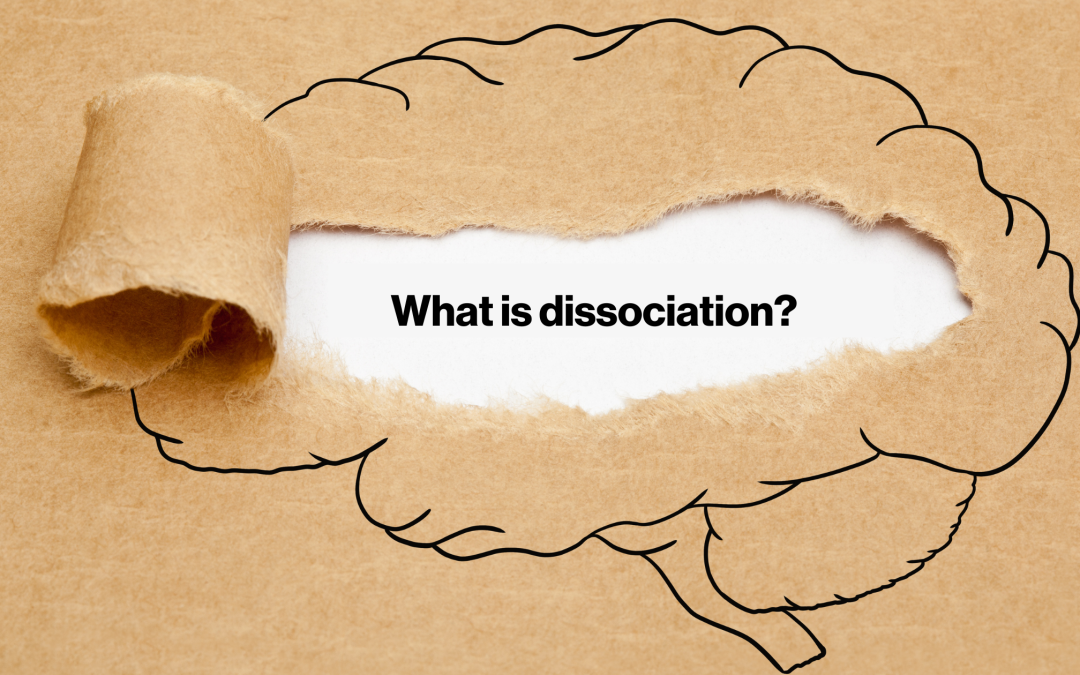Child abuse tragically affects countless children each year. Child abuse can have long-lasting effects well into adulthood, regardless of its form. One particularly profound mental health issue is dissociation, a psychological phenomenon wherein individuals detach from reality.
Recognizing the relationship between child abuse and dissociation is crucial for understanding and supporting adult survivors of child abuse. With appropriate treatment and understanding, survivors can lead fulfilling lives. Continue reading to learn more about the connection between child abuse and dissociation in adulthood.
What Is Child Abuse?
Child abuse refers to the maltreatment, whether physical, emotional, or sexual, that a child endures, typically by someone they trust. It can include:
- Physical abuse
- Emotional abuse
- Sexual abuse
- Neglect
Research indicates that child abuse has profound psychological effects on its survivors, causing toxic stress and often leading to learning, behavior, and mental health issues.
What Is Dissociation?
Dissociation or dissociative disorder is a mental process in which a person disconnects from their thoughts, feelings, memories, or sense of identity. The phenomenon can range from daydreaming to more severe forms like dissociative identity disorder (DID). According to the International Society for the Study of Trauma and Dissociation, there’s a strong correlation between early childhood trauma and the development of DID.
While dissociation can be a natural response to trauma, chronic dissociation can interfere with everyday life and well-being.
The Dissociative Disorders classification in the DSM-5 lists:
- Dissociative Identity Disorder (DID)
- Dissociative Amnesia
- Depersonalization/Derealization Disorder
- How Child Abuse Leads to Dissociation in Adulthood
For many children, dissociation is a defense mechanism against overwhelming trauma. A child can mentally escape the painful reality by ‘disconnecting’ from the present moment. Here’s how the connection forms:
Immediate Escape
During instances of severe abuse, a child may feel powerless. Dissociating offers a temporary escape from the torment, making the situation more bearable.
Repression of Memories
Over time, repeated trauma can lead to the repression of painful memories. Dissociation aids in this process, pushing traumatic events to the back of one’s mind.
Formation of Alternate Realities
In extreme cases, some children develop alternate personalities or ‘alter’ as a way to cope. As these children grow into adults, affecting their ability to form relationships, maintain jobs, or lead typical lives.
Coping Mechanism
For many children, dissociating during traumatic events can be a way to mentally “escape” the trauma. Over time, this can become a conditioned response to stress.
Fragmented Self-Concept
Abused children may develop fragmented identities, leading to dissociative disorders, especially DID.
Distorted Reality
Constant emotional and physical abuse can distort a child’s perception of reality, pushing them into dissociative states to reconcile with the experiences.
Challenges Faced by Adult Survivors
Adult survivors of child abuse with dissociative disorders face unique challenges:
- Trust Issues: Building trust can be difficult, especially in intimate relationships.
- Emotional Regulation: Survivors might struggle with overwhelming emotions or feel emotionally numb.
- Flashbacks and Triggers: Certain situations, sounds, or visuals might trigger flashbacks to traumatic events.
Treatment Options
It’s crucial for survivors to understand that recovery is possible. Treatments for dissociative disorders due to child abuse include:
Therapy: Cognitive-behavioral therapy (CBT) and Eye Movement Desensitization and Reprocessing (EMDR) have shown promise in treating dissociations.
Support Groups: Joining support groups where survivors share experiences can be therapeutic and comforting.
Online platforms like EndCAN’s free survivor community group, Louder Than Silence, through Inspire, open doors to a place where survivors can feel safe and be authentic while anonymously sharing experiences and learning from others, reinforcing the belief that no survivor stands alone.
Medication: Some find relief from symptoms through medication, though it’s essential to consult a psychiatrist for a proper diagnosis.
Help Us End Child Abuse and Neglect
If you or someone you know is struggling with the repercussions of childhood abuse, EndCAN is always here for you with valuable resources. You don’t have to navigate these challenges alone; you can heal with the right support and care.
Don’t suffer in silence. Breaking the silence is one way we can stop child abuse. When you’re ready, share your story so other adult survivors of child abuse know they’re not alone. Your generous contribution can also help us provide support and help adult survivors of child abuse heal.


Recent Comments